What are the benefits and disadvantages of abstinence and outercourse?
Abstinence and outercourse are safe, effective, and free ways to prevent pregnancy. But some people have a hard time avoiding sex.
Abstinence and outercourse have lots of benefits.
Both abstinence and outercourse are simple, free, and work really well to prevent pregnancy. In fact, abstinence is the only 100% effective way to avoid pregnancy. And outercourse really lowers your risk a lot.
There are other benefits of abstinence. People choose abstinence to:
-
wait until they feel ready for a sexual relationship
-
wait to find the right partner
-
enjoy their partner’s company without having to deal with a sexual relationship
-
focus on school, their job, or hobbies
-
follow their personal, moral, or religious beliefs and values
-
get over a breakup
-
heal from the death of a partner
-
follow their doctor’s advice during or after a sickness, infection, or medical procedure
Abstinence can be a way to avoid the risks that come with sex — like pregnancy and STDs — until you’re ready to prevent and/or handle them. Abstinence can also help you focus on other things in your life that are important to you, like friends, school, sports, activities, having fun, and planning for your future.
Outercourse has benefits, too. It can:
-
let you and your partner give each other sexual pleasure without causing pregnancy. And some types of outercourse (like masturbation or dry humping with clothes on) don’t spread STDs, either.
-
increase trust and closeness between partners
-
prevent pregnancy if you don’t have another kind of birth control available
-
help you better understand your (and your partner’s) body
-
help you learn how you (and your partner) like to be touched and what feels good
Abstinence and outercourse have some disadvantages.
While abstinence and outercourse are super-effective ways to prevent pregnancy and STDs, avoiding sex can be hard for some people. And if you plan on being abstinent but end up having vaginal sex, pregnancy can happen if you don’t use birth control.
Most people end up having sexual contact with another person at some point in their lives. That’s why it’s a good idea to always have a backup birth control plan, like keeping condoms around. And condoms are the only birth control method that also help protect you from STDs.
Outercourse can have some disadvantages, too. Some types of outercourse can spread STDs — like anything that involves skin-to-skin genital touching or sharing sexual fluids. And if semen gets on a vulva or in a vagina during outercourse, pregnancy can happen.
Many people find it hard to avoid vaginal sex when they’re doing other sexual activities. Sometimes people who are planning to use outercourse to prevent pregnancy don’t have a backup birth control method ready, just in case. If they get caught up in the heat of the moment and have unprotected sex, it can lead to pregnancy and spread STDs.
 Abstinence
Abstinence
 Breastfeeding
Breastfeeding
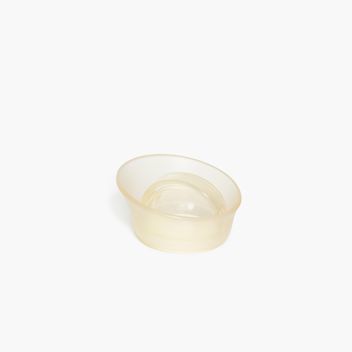 Cervical Cap
Cervical Cap
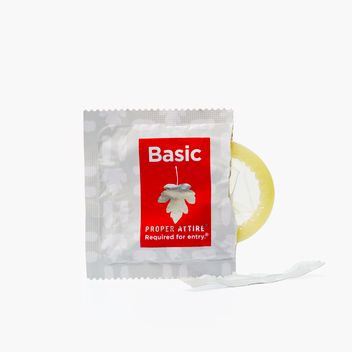 Condom
Condom
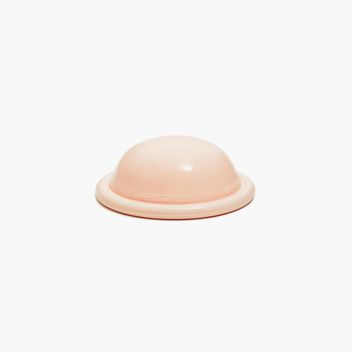 Diaphragm
Diaphragm
 FAM
FAM
 Female Condom
Female Condom
 Implant
Implant
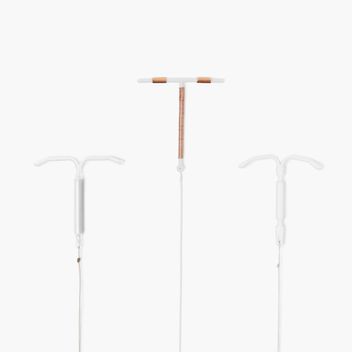 IUD
IUD
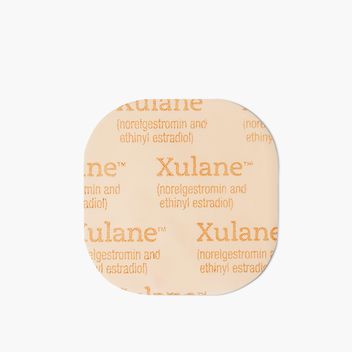 The Patch
The Patch
 The Pill
The Pill
 The Ring
The Ring
 The Shot
The Shot
 Spermicide
Spermicide
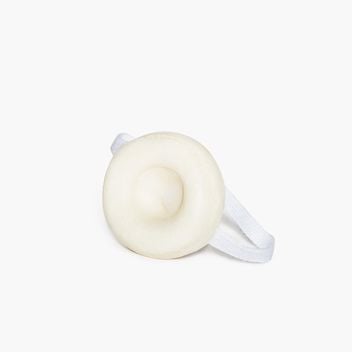 Sponge
Sponge
 Sterilization
Sterilization
 Vasectomy
Vasectomy
 Withdrawal
Withdrawal